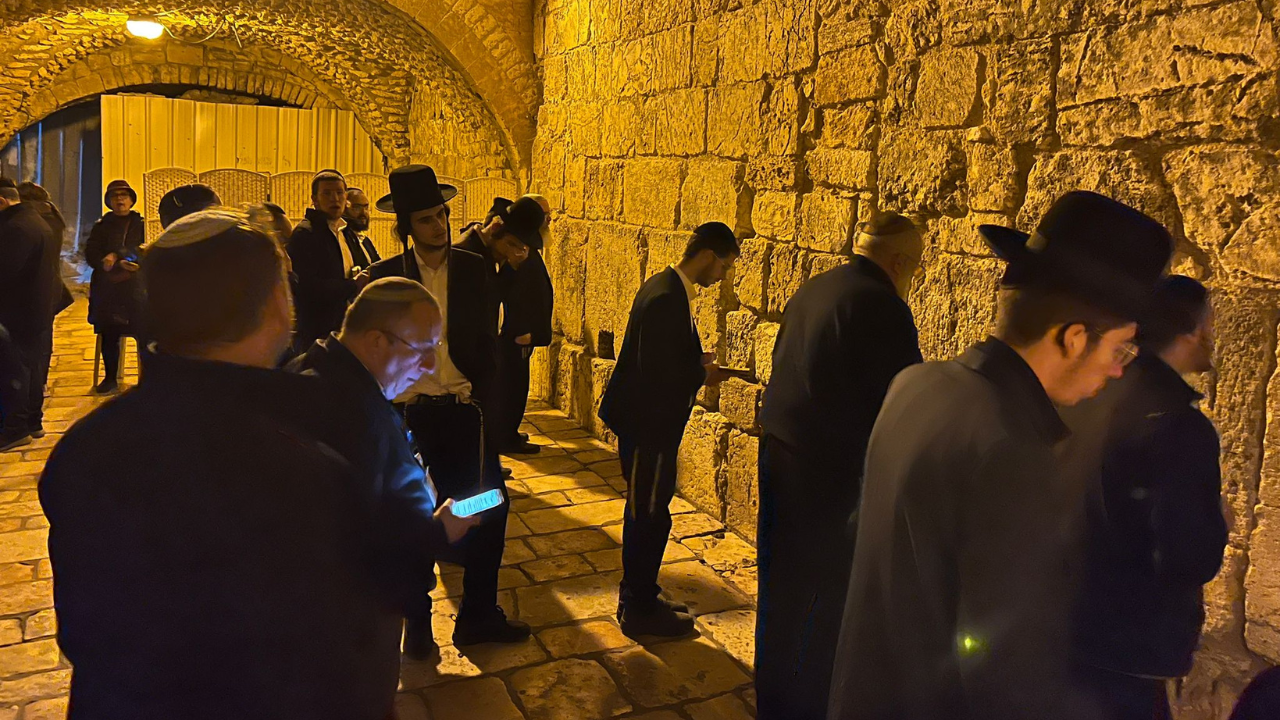Let Us Sacrifice To Our God
Every school child knows the story. God told Moses to go speak to Pharaoh. Moses came to the evil Pharaoh and spoke the iconic words, “Let my people go!” But with all due respect to wonderful kindergarten songs, a simple perusal of our parsha reveals that this is actually not what Moshe Rabbeinu said. Throughout the whole Exodus story, Moshe is asking Paroh for three days of worship in the desert. “Send out My son (the Jewish people) and he will serve Me! (Shemot 4:23)” Throughout Parshat Va’era, Moshe and Paroh engage in intense negotiations regarding who will be included and where this worship will occur. But there is never a word uttered regarding permanent freedom from bondage.
The commentaries struggle to understand why Hashem didn’t simply command Moshe to ambitiously ask for total freedom. After all, God presumably could have forced Paroh to accept any terms and conditions after the intense affliction of the ten makkot. There are many beautiful answers and approaches to this question. But instead of discussing why Hashem didn’t demand more, I would like to call attention to what Hashem did ask for. Sacrifices. “Let us sacrifice to our God.”
In a certain sense, sacrifices in the Beit HaMikdash are the crowning conclusion of the redemption process. It isn’t a coincidence that the song of Dayenu, in which we delineate an extensive list of miraculous acts of kindness, culminates with the building of the Beit HaBechira in Jerusalem. This is why HaKadosh Baruch Hu deliberately emphasizes the bringing of korbanot when demanding the freedom of Klal Yisrael.
The Rambam famously suggests a very technical and practical reason behind the sacrificial order. In the Moreh Nevuchim, he explains that Hashem gave us this mitzvah in order to replace the obsession with sacrifices to idols that existed in all pagan religions at the time of Matan Torah. But the Ramban vigorously argues, noting that the concept of korbanot stretches as far back as Adam HaRishon when he was first created, long before the advent of idol worship. And as the Rambam himself notes in Hilchot Beit HaBechira (2:2), a prominent list of biblical characters brought korbanot on the Har HaBayit prior to the construction of the Beit HaMikdash: Adam, Kayin and Hevel, Noach, and Avraham and Yitzchak at the Akeidah. It is only appropriate that man achieve atonement in the place of his creation at the very spot of the mizbeach.
Why are korbanot so important that they deserve such a prominent place in the exodus story? And why is Jerusalem the ultimate destination for the sacrificial service? On a simple level, the korban represents total and complete submission to the Divine Will. The animal metaphorically replaces the Jew bringing it; the Jew is symbolically sacrificing himself and dedicating every body part and organ to the service of the divine. The korban is a physical manifestation of a Jew’s loyalty to the entire Torah and its moral tenets. This makes it the crowing culmination of Yetziat Mitzrayim and Matan Torah. And there is no other place in the world better suited for spiritual self-nullification to the Divine than the city of Jerusalem.
This is why the value of korbanot is so vulnerable to hypocritical behavior and immorality. The prophet Yirmiyahu (7:22-23), frustrated with an obsession over sacrifices without fulfilling the basic moral tenets that Judaism is built on, lambasts Klal Yisrael: “For neither did I speak with your forefathers nor did I command them on the day I brought them out of the land of Egypt, concerning a burnt offering or a sacrifice. But this thing did I command them, saying: Obey Me so that I am your God and you are My people, and you walk in all the ways that I command you, so that it may be well with you.” What good is your physical demonstration of self-nullifcation to My will when you actively subvert my commandments? The whole point of the exodus was for the Jewish people to submit themselves to God, as expressed through the sacrifice of korbanot. Without consistent loyalty to the Torah’s tenets to back them, the sacrifices become vain and empty expressions of hypocrisy.
